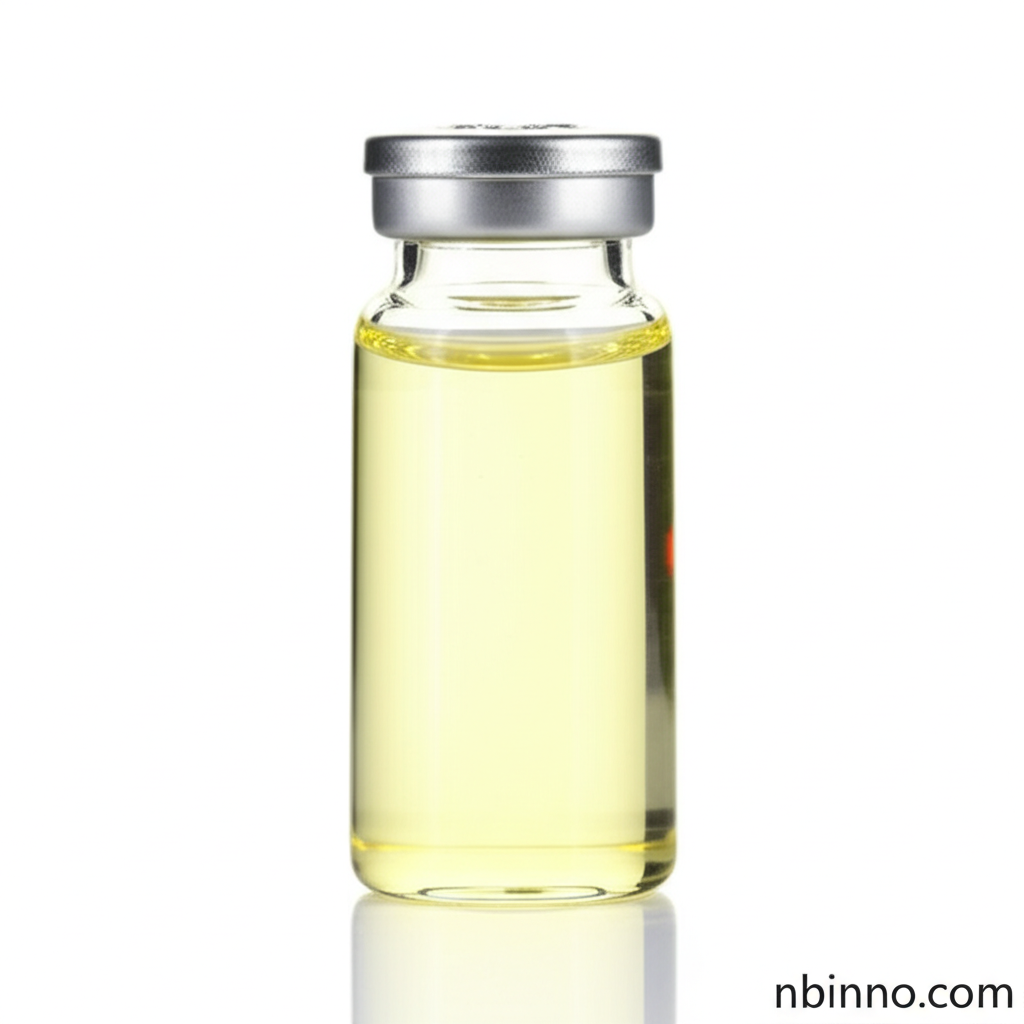Nonanoyl Chloride: Synthesis, Applications, and Properties of a Versatile Acyl Halide
Discover the essential details of Nonanoyl Chloride (CAS 764-85-2), a key intermediate in pharmaceutical synthesis.
Get a Quote & SampleProduct Core Value

Nonanoyl Chloride
Nonanoyl Chloride is a crucial chemical intermediate primarily utilized in the synthesis of complex organic molecules, particularly those with therapeutic applications. Its high purity and reactivity make it an indispensable component in the development of pharmaceuticals and specialized chemicals.
- The synthesis of immunosuppressants involving 2-aminoethanols and aminopropane-1,2-diols relies on the versatile reactivity of Nonanoyl Chloride.
- Research into vanilloids with antinociceptive and anti-inflammatory compounds often incorporates Nonanoyl Chloride as a key building block.
- Understanding the long tail keyword 'acyl chloride properties' is vital for effective handling and reaction design.
- High purity, often assaying ≥99.0%, ensures reliable outcomes in sensitive organic synthesis pathways.
Key Advantages
Versatile Reactivity
Leveraging its acyl chloride functionality, Nonanoyl Chloride participates in a wide range of acylation reactions, facilitating the creation of diverse chemical structures essential for pharmaceutical intermediate development.
High Purity Standards
The ≥99.0% assay ensures that this chemical reagent meets stringent quality requirements, crucial for reproducible and reliable results in complex organic synthesis.
Facilitates Therapeutic Synthesis
Its application in the synthesis of immunosuppressants and anti-inflammatory compounds directly contributes to advancements in healthcare, making it a valuable chemical for the pharmaceutical industry.
Key Applications
Immunosuppressant Synthesis
Nonanoyl Chloride serves as a critical reagent in the multi-step synthesis of immunosuppressant drugs, supporting the development of treatments for autoimmune diseases and organ transplantation.
Vanilloid Synthesis
The compound is instrumental in creating vanilloids, which are known for their potential antinociceptive and anti-inflammatory effects, opening avenues for new pain management and anti-inflammatory therapies.
Pharmaceutical Intermediate
As a versatile building block, it is widely employed in the broader field of pharmaceutical intermediates, enabling the efficient construction of active pharmaceutical ingredients (APIs).
Organic Synthesis
Beyond pharmaceuticals, Nonanoyl Chloride is a valuable tool in general organic synthesis, used for acylating alcohols and amines to produce a wide array of organic compounds.
